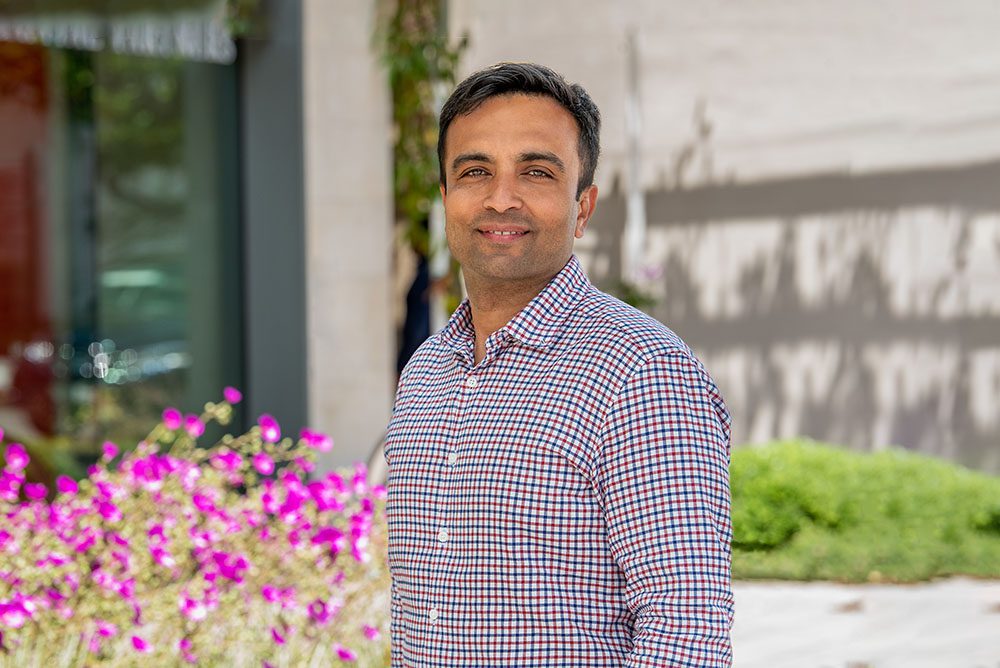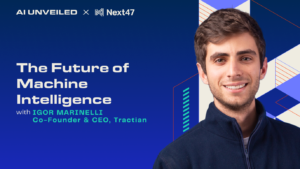
In this episode, I speak with Gabriel Hubert, Co-Founder and CEO of Dust, a cutting-edge platform that enables companies to design, deploy, and maintain AI assistants tailored to their internal workflows. We dive into Gabriel’s journey building Dust, the transformative potential of AI in knowledge work, and the principles behind creating tools that teams truly adopt and rely on.
Our conversation centers around the adoption and impact of AI assistants in the workplace. Gabriel shares how Dust is helping companies embed AI into day-to-day workflows, from drafting personalized communication and summarizing internal data to automating candidate feedback and streamlining decision-making processes. We also chat about the challenges of balancing ubiquity, intelligence, and agency to create AI tools that are both powerful and intuitive.
Gabriel discusses how Dust approaches user adoption, focusing on empowering teams to create their own assistants while maintaining centralized oversight for key workflows. He emphasizes the importance of trust, accessibility, and showing tangible value to drive widespread usage of AI tools.
Tune in to learn how AI is transforming the way we work, the practicalities of scaling AI adoption, and how to build tools that teams love.
Enjoy!
Timestamps
* 9:53 – AI’s impact on knowledge work
* 13:15 – Software as we know it is being challenged
* 22:37 – How AI Assistants will impact hiring
* 37:06 – Dust’s approach to customer feedback and accuracy
Highlighted Excerpts:
GABRIEL: “AI assistants are like heat-seeking software for smart people—you deploy them broadly, and you’ll be surprised where you find pockets of empowerment and innovation.”
GABRIEL: “Intelligence, ubiquity, and agency—those are the three pillars that need to be true for this technology to be broadly useful. The assistant has to work, the answers have to be great, and the conversation has to be on point. It also has to be where you need it—if it’s hard to fetch, it’s not delivering the value it could. And finally, how far it goes on the workflow—is it just providing a little answer or actually doing the thing? That’s the balance we strive for.”
GABRIEL: “I think we’re moving toward a future where you don’t just have one assistant doing everything, but a toolbox of specialized assistants. People don’t worry about how many tools are in their tool chest—they just want the hammer to behave like a hammer and the screwdriver like a screwdriver. It’s about making each assistant reliable and focused on its purpose.”




